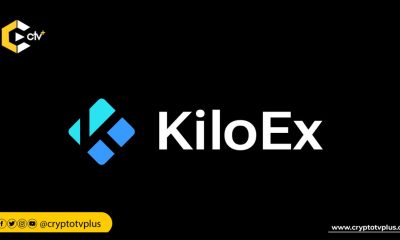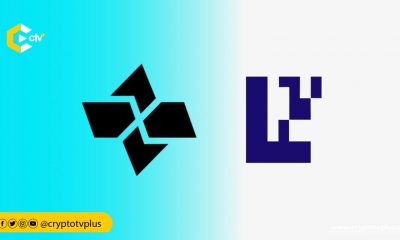News
BIS builds data platform to bridge data gaps in crypto

In partnership with banks within the Eurosystem, the Bank for International Settlements is building a new data tracking system for crypto assets. The BIS project, Project Atlas offers a platform for providing on-chain and off-chain data on crypto assets through a Proof of Concept model.
The off-chain data are sourced from cryptocurrency exchanges and on-chain data from public blockchains are gathered by nodes. According to the project overview published by BIS Innovation Hub Project, Project Atlas’s current iteration includes a “crypto data” analytics platform and a dashboard for visualizing the results of data aggregation and analyses.
The BIS aims to bridge existing data gaps in crypto and DeFi through its developed data platform. This platform will be beneficial for providing central banks and regulators with industry data, as mentioned by the BIS. Furthermore, Project Atlas serves researchers, analysts, and policymakers.
BIS emphasized that there are several reasons central banks should choose a custom platform, they include
- Data are prone to manipulation and misreporting.
- Crypto data are often not tailored to central bank needs.
- Analysis of crypto markets needs to account for its unique characteristics.
- Methodologies used for data aggregation often limit researchers and regulators.
Further, BIS affirmed it will work on the feedback from the central banking community to implement the statistics that are most relevant to them. BIS partnership banks include the Deutsche Bundesbank, De Nederlandsche Bank, the European Central Bank, and the Bank of France.
Citing a lack of transparency and possible risks associated with crypto and DeFi, which could impact financial stability, BIS said the Proof of Concept provides insights, information, and economic implications. BIS stated that “there is evidence that self-reported data is often unreliable.”
For BIS, Project Atlas would be made expandable to new data sources and analytical methods. In the future, BIS is looking to expand to extracting and analyzing data from a blockchain node in the Ethereum network. Conclusively, BIS plans to open the data platform and dashboards to test users for feedback on functionality and data needs.
Read also;
Yield Protocol announces wind down date, December 29th, 2023
What do you think of this article? Share comments below.

























1 Comment